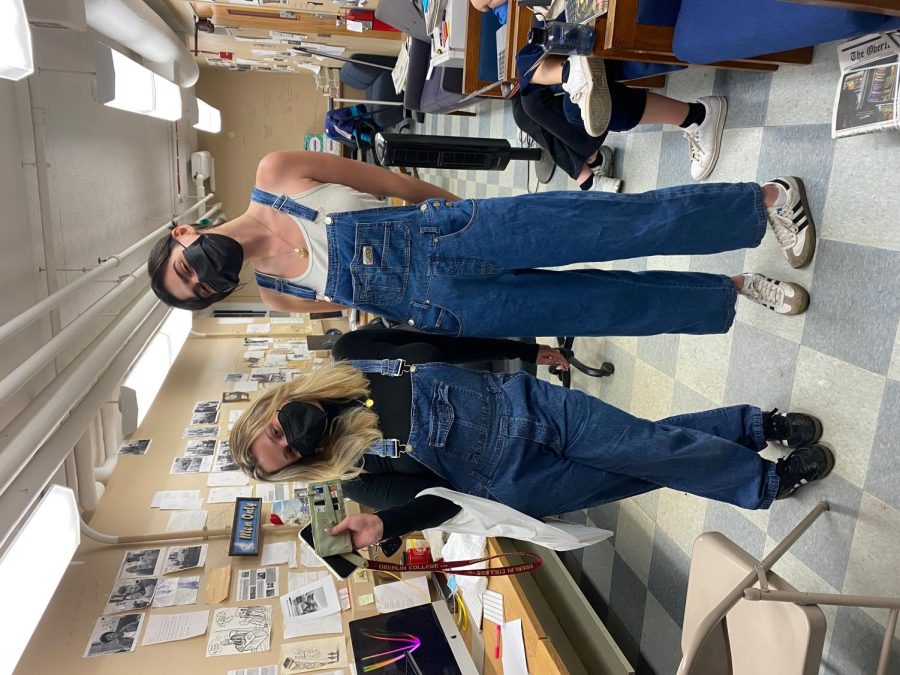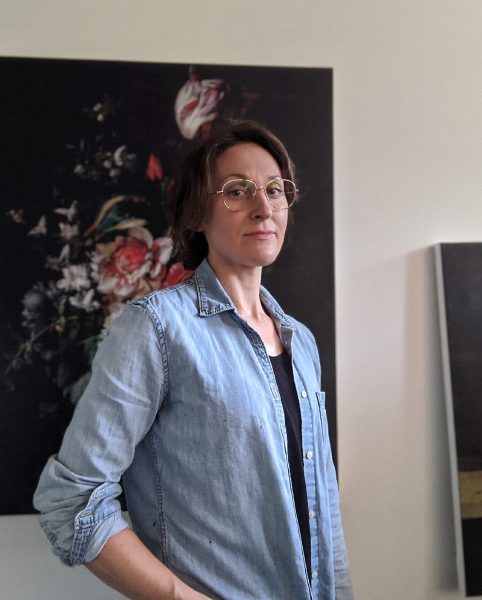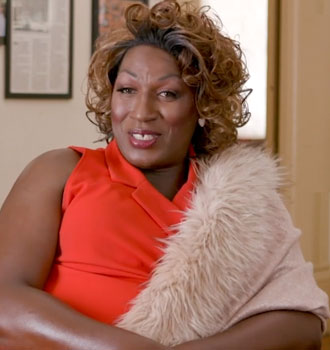Lilyanna D’Amato, Review Arts and Culture Editor
Lily and Kathleen unintentionally matched outfits this Wednesday.
In 16 days, my beloved co-editor, College fourth-year Lilyanna D’Amato, will be graduating with a degree in Comparative American Studies. She laughs at my feeblest jokes and says “slay” when I say “slay.” Sometimes we match our outfits by accident. She wrote her thesis on One Direction and lives in a house where Love is Blind, Love Island, and Are You the One seem to be playing all the time. I admire her beautiful writing and tireless dedication to making Arts different from all other sections, even when our Editor-in-Chief declares “cuteness” is not a valid reason for a journalistic choice. I wish I had met her sooner, and I treasure the time we have had together.
This interview was lovingly edited for length and clarity.
Tell me about your path at the Review.
I was too nervous to write for the Review for the first three years of college, and I really regret it. I was a staff writer over the summer, and at the beginning of this year, in August, I became arts editor. This is the first job I’ve ever had that’s made me realize what it is to be passionate about something, and I am really committed to the Review in a way that I wasn’t expecting to be.
What do you mean by that?
I just didn’t really know what I wanted to do for a really long time. I always knew that I loved to write, and I knew that I liked school. In every other professional opportunity, I really hadn’t found any sort of drive, and that scared me, you know? You’re like, “Well, what the hell am I supposed to do after I leave and there’s no more academic validation?” But working at the Review, I’ve gotten more out of this experience than pretty much anything else I’ve ever done. It makes me realize that I want to do this as a career.
What are some of your favorite articles that we’ve put out as a section or that you’ve written?
I really loved your piece that you wrote on winter break and being here for the holidays. Of my own pieces, I cared the most about the Joan Didion article, because I just really liked her, and I kept having this vision of Joan Didion being like, “That sucks!” I also really liked writing this Big Parade article. I got a lot out of that.
What do you want to do post-grad? What’s your dream?
This is what I want to do — I just want to do it on a bigger scale. I’m so happy to start at the bottom of the professional world, at an organization that’s publishing things that I really care about, and moving up. I’m going on a big trip to Italy in June, and then staying in London, and then I’m hoping to move to Los Angeles.
Do you remember your interview to be arts editor? How did it go?
I had crazy imposter syndrome about the Review. I was visiting my brother at Indiana University when I did my interview, so I was in a hotel room. I spent the whole day super nervous because I had spent the last three years being like, “You can’t write at the Review! The Review is for really smart people!” Honestly, I think I blacked out for the entire interview. They emailed me the next day, and I screamed in my hotel room.
What do you think we’ve accomplished? Has Arts changed since you’ve been brought on to it?
I think that it has changed. Maeve [Woltring] and I wrote really similarly — talking about what the writing meant or what that was supposed to look like was more of our focus. Now, it’s much more about being creative about what pieces you’re choosing to pitch and the angle. That’s something I’ve really valued — I got so in the humdrum of doing the same thing every week that when you came in and were like, “What about this!?” I was kind of like, “Oh. That makes sense, I guess.” I feel like we’ve accomplished just being a little bit more creative in the way that we understand what our job is.
I feel like the Review system forces you to have that new perspective all the time. Someone graduates or leaves, and a new face is there, saying new things.
Exactly — and adamantly wanting to do things a new way. I think that’s really good, and it pushed the both of us.
Do you have any advice for future Arts Editors?
Send out emails right after the pitch meeting. And, I guess don’t put up walls that aren’t there. Really allow yourself to be creative within this medium, because a newspaper is really important. It’s supposed to convey information, but it’s also supposed to push boundaries. I think that’s a really important part about Arts & Culture — that it’s supposed to reflect the values of the community, and the community is constantly pushing, especially Oberlin’s community. So maybe just pay attention to things that aren’t on the events calendar.
Slay.
Slay.











